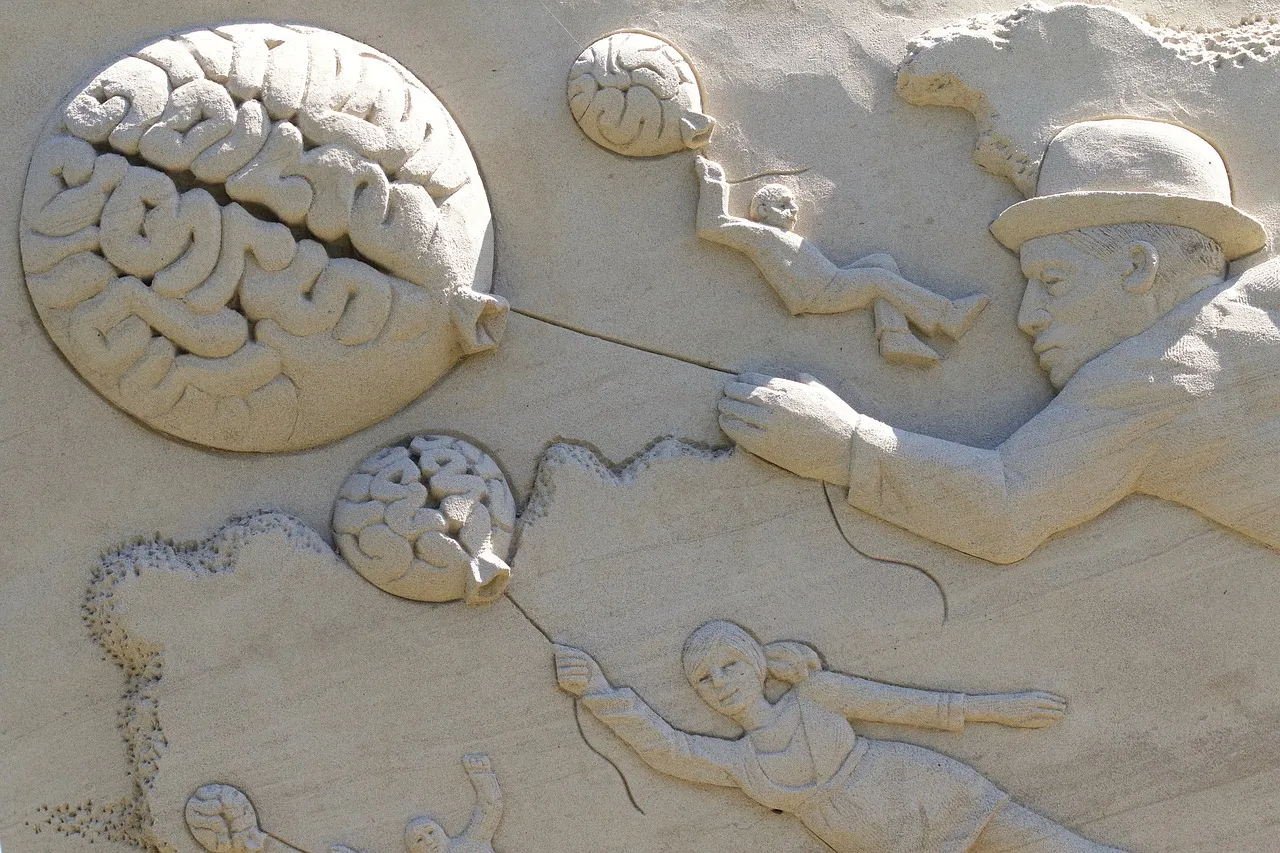Up until recently, known human history taught us that we like to think of ourselves as the top species of the planet and we want to make a point of separating ourselves from the rest of the animal kingdom. We have our reasons of course. Everywhere we glance, we see the marvels of civilization and the greatness we’ve achieved. We’ve built infrastructures beyond the reach of any other animal species, too sophisticated, they cannot even hope to compete against. We’ve tamed the wild, forced them to bid our will, culled their numbers, destroyed most of their habitats. We’ve forced countless species to go extinct. Nothing can stop us. So when the scientists ask us to see humans not as a superior race, rather just another one, we roll our eyes. Yeah? You say there are other intelligent animals on earth? Why are we the dominant species then, eh?
This disbelief comes from a few logical observations:
- The seeming gap of intelligence in us vs rest of the animal kingdom.
- Every genus usually has many species, but we don’t see any other human species roaming today.
- Our collective knowledge led us to believe what we use and know today are our own ideas and skills.
All of them are valid objections but can be explained with historical and empirical evidence and logical speculations.
The road to bigger brain
We became dominant using our bigger brains but what made the brains bigger in the first place? To answer, we must go back to a time when we didn’t have internet, aeroplanes or programming languages. When there were other human species like Homo Erectus and Homo Neanderthals. The cave paintings and archeological evidence shows that our ancestors went through many steps of civilizations. The stone age, the bronze age, industrial age and now the age of technology and information to name a few. We weren’t always farming. We were cavemen, hunting other animals and gathering whatever we could to survive. Even before that, when we didn’t discover how to purposefully use fire yet millions of years ago, we generally hid from large predators and relied on small animals, insects, edible plant parts to live on. Top of the food chain was not our place. Even though we had big brains, social bonds and could use tools that gave us an edge--the same can be said for our cousins, the chimpanzees. We were indeed just another animal species roaming the earth.
However, natural selection favors the species that can adapt, change, mutate. Any species that cannot adapt, go extinct. Simple as that. Our brains did not grow overnight. We took advantage of our big brains, used it to to survive and generation after generations brains got bigger and bigger. Infact, the road wasn’t all that happy. Bigger brains had one major drawback. It got so big that full grown babies in the womb had trouble coming out through the birth canal--causing death of the mother and also the child. Natural selection again, and babies started to born prematurely, reducing the risk of death in both cases. This is why human children need constant care for many months before they can even stand on their feet while most animal babies are up and running within a few hours to weeks after they are born.
About 300,000 years ago we, sapiens, along with other human species, like the Neanderthals, using their big brains figured out how to tame fire. And they were using it in their daily lives. Fire enabled them to hunt bigger prey, chase away predators and cook. Cooked foods were more nutritious, had less chance of passing deadly parasites and pathogens. With such a tremendous nutritional boost, fire and cooking ultimately helped the brain get even bigger and complete more complex tasks.
Bigger brains need more energy to function, so do bigger intestines. Cooked food meant we had a easier time to process the food we ate, unlike other species. Hence, natural selection favored bigger brains over larger intestines and as a result intestines got shortened. Today we cannot process most raw foods not because we are special, separate from other animals or elevated, rather our digestive tract got shorter to sustain life with the energy produced. The things we learn about ourselves, eh?
Yet, that doesn’t solve the mystery of our dominion. After all, we, the homo sapiens, weren’t the only human species with big brains. We found skeletal evidence of numerous other human species so far and all of them had similar large brains such as ours.
So what made us, homo sapiens, the champion among them all and what happened to the other human species? I will explore this question in the next chapter. Here's the link - @notacinephile/our-slain-brothers-why-humans-are-the-dominant-species-on-earth-part-2
N.B. The topics and concepts I’m talking about here are common knowledge among the scientific community and most of them can be found in the non-fiction book by Noah Harari, ‘Sapiens’.

About Me


Twitter - https://twitter.com/not_a_c1nephile
Youtube - https://www.youtube.com/channel/UCg3TwYk--HKIsRmnvhob1Mg
